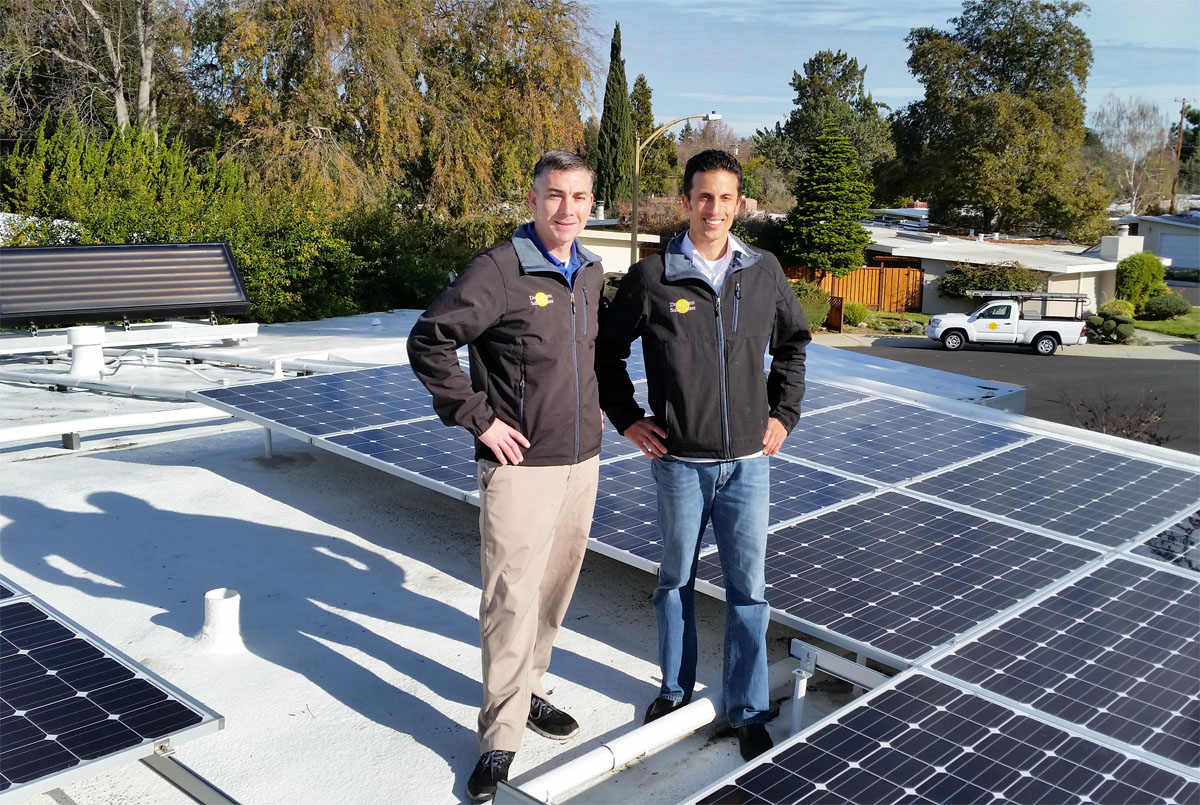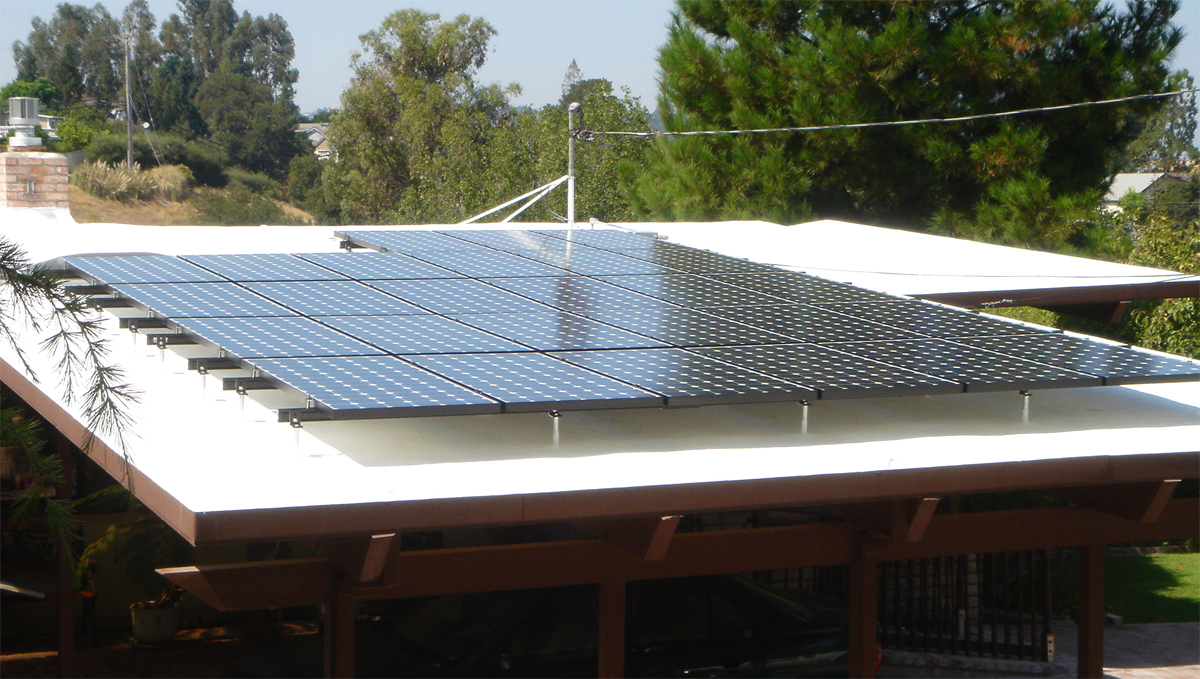Evolving State of Solar Today
 |
|
|
 |
|
|
 |
|
|
Is the sun already setting on the golden age of home solar energy? Or is it merely about to rise for a brand-new day of renewable, self-generated power?
As is often the case with technology-driven changes, it depends on how you look at it.
On the one hand, in these days of climbing energy costs, what could be bad about owning your own power source? Or as the owner of Menlo Park-based Dura-Foam Roofing & Solar Center, Randy Feriante, puts it rhetorically, "If you could install something on your roof that would give you all the gasoline you'd ever need, how much would that be worth?"
There are drawbacks, however. More importantly, as the technology has improved, some of the incentives are fading away.
One of the drawbacks to solar has always been the initial outlay for a system, which remains substantial.
"To get the full benefit, you have to spend $10,000 to $15,000 out of pocket," noted Feriante, although some systems can actually cost upwards of $20,000. "It seems like a lot of money to spend to get rid of a $100 monthly [electric] bill."
This outlay is the reason why some homeowners are tempted to lease a solar system rather than buy. It's not a strategy Feriante recommends, however.
"It's a great deal—for the people that are selling the lease," cracked Feriante, whose family-run company with a focus on Eichlers installs both solar systems and foam roofing. "All the benefits go to the people that own the solar [array]."
"When you lease solar, you save about ten bucks a month," said Feriante. The leasing company gets any available tax breaks. Then you have to either buy the system or pass the lease onto your home's next owner if you sell your home, he said. So, Feriante added bluntly, "When you sell your house, you're screwed."
A key drawback to solar can occur if your roof is damaged during the installation, which requires mounting racks for the photovoltaic panels.
"The installation is the critical part....The biggest problem with solar is, it goes on your roof," Feriante said, partly tongue in cheek. "The problem is, the people that are installing it [solar] are usually not high paid, and they don't know roofing."




